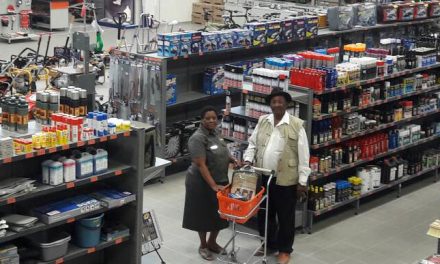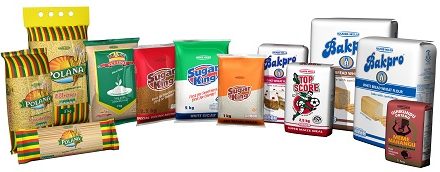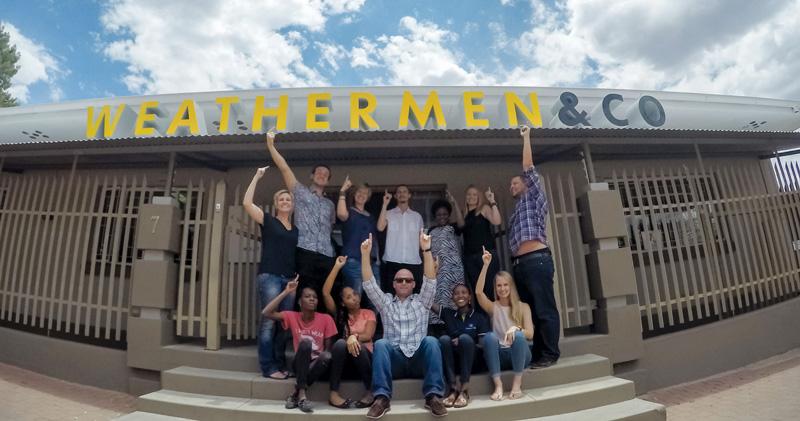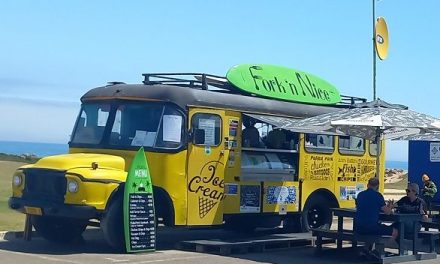
Building a business empire brick by brick

Lack of start-up capital remains one of the major obstacles for many entrepreneurs in the country, but this common barrier which is the order of the day, did not stop 41 year old, Wilbald Iita’s plan of running his own business.
Iita is the sole owner of Iihamayongwe Trading a retail company that specialises in selling construction material and consumable goods. The company currently employs seven people, two in Windhoek and five in northern Namibia.
Iita started his company in 2008 and grew it steadily and today, he runs a successful company with outlets in Windhoek and Onaanda, in the Omusati region.
Nine years ago Iita purchased land in Windhoek’s Havana Informal Settlement and registered a company named Iihamayongwe Trading. “After I registered my company with the Ministry of Trade and Industry, I opened up a minimarket,” said Iita. With his business steadily growing, Iita expanded to selling household gas.
In 2015 his Iita opened a second outlet that sells building material in Onaanda. “I identified a need in this area and wanted to cater for the local community who found it difficult to travel all the way to Oshakati to buy building material,” said Iita.
With company expansion in mind, Iita sought assistance. In 2014, he approached Bank Windhoek’s Emerging Small and Medium Enterprises (ESME) branch for assistance. His application was successful and he could start the second phase.
“Iita’s success is a result of his hard work and willingness to participate in Bank Windhoek’s mentorship programme,” said Bank Windhoek’s ESME Branch Manager, Mbo Luvindao.
Bank Windhoek’s ESME Branch offers a comprehensive range of products tailored to an entrepreneur’s business needs. To further strengthen its relationship with customers, the bank offers support such as mentoring and training programmes. These targeted programmes are designed to guide entrepreneurs to professionally manage the finances and assist business owners in any other areas where they require guidance
According to Iita, his minimarket is easy to run and the start-up capital required was minimal. By keeping his running cost low, the business generates a profit. As for the building material business, he simply said that there is a lot of construction activities going on in northern Namibia. “It made financial sense to invest in this industry,” Iita said.
Like an other business, he faced competition and customer demand challenges. “Transportation is a major challenge in selling building materials and customers often want their goods delivered at a preferred destination,” said Iita.
His company did not offer transport. This created challenges. He went back to Bank Windhoek’s ESME branch to be assisted with the transport issue. “The bank provided the financing for a vehicle to transport the building material,” said Iita.
The company is doing well and has now expanded into brick making which is delivering positive results. According to him one major challenge SMEs face is keeping prices low enough to appeal to the market and still remain profitable. “Competition is stiff and we must constantly offer better prices and innovate our service,” he said.
“My advice to entrepreneurs who have dreams of starting or expanding their businesses, is to approach financial institutions such as Bank Windhoek’s ESME branch for funding and mentorship. If you can prove to the bank how courageous, determined and hardworking you are, they will invest in your business. Never give up,” said Iita.
Caption: Wilbald Iita (in blue overalls) pictured with his three employees who were busy working on the latest bricks ordered by customers.













































